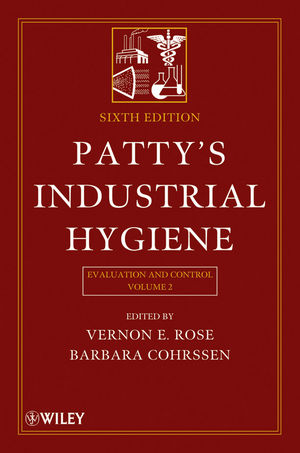Corporate Knights, a Canadian magazine that bills itself as “for clean capitalism,” has announced its sixth annual Global 100 list of the most sustainable large corporations in the world.
The Global 100 includes companies from 24 countries encompassing all sectors of the economy, with a collective enterprise value of $4 trillion, and three million employees.
The top rank overall went to General Electric Company. Rounding out the top ten: (2) PG & E Corp. Utilities; (3) Tnt Nv Transportation (Netherlands); (4) H & M Hennes & Mauritz (Finland); (5) Siemens Ag Capital Goods (Germany); (6) Unilever Plc Food Beverage & Tobacco (United Kingdom); (7) Vodafone Group Plc Telecommunication Services (United Kingdom); (8) Smiths Group Plc Capital Goods (United Kingdom); (9) Geberit Capital Goods (Switzerland); (10) Henkel Ag Household & Personal Products (Germany).
The 2010 Global 100 tapped intelligence from the world's largest sustainability research alliance put together by Legg Mason's Global Currents Investment Management to isolate the top ten percent of companies from a universe of 3000 global stocks, which were then transparently ranked based on 10 indicators, with data sourced from ASSET4, a Thomson Reuters business, and The BLOOMBERG PROFESSIONAL® service.
In addition to social indicators such as CEO-to-average worker pay and diversity of board directors, the 2010 Global 100 established and measured companies against an objective ‘sustainable path’ standard for energy, carbon, water, and waste ratios, which was set at achieving annualized resource productivity gains in excess of the 6 per cent, a threshold informed by research by Lord Nicholas Stern, the McKinsey Global Institute, and Factor Four literature. By this measure, 71% of the 2010 Global 100 are on a path towards sustainable resource use.
To determine the Corporate Knights Global 100 for 2010, the following significant improvements were made:
1. Environment, social and governance (ESG) information was obtained from a group of data providers rather than a single data provider.
2. ESG data was integrated with financial data to enhance analysis.
3. Companies were ranked transparently by a set of ten objective sustainability indicators as opposed to a "black-box" approach.
4. A greater number of companies from emerging markets were included in the analysis.
Matthew Kiernan, chief executive of Inflection Point Capital Management, a new sustainability-focused asset management venture, whose 5-factor model underpins the list, notes: “Given the range and quality of inputs in creating the Global 100, we would expect the Global 100 to become over time the ‘international gold standard’ for sustainability indexes. We anticipate that demand from leading institutional investors will be strong.”
Michael T. Dieschbourg, President and CEO, Head of ESG, Global Currents Investment Management, comments: “All of us at Global Currents are honoured to be part of a global effort to bring sustainable investing into the mainstream of investment choices for institutions. We believe the merging of sustainable factors from a Risk/Reward viewpoint with financial factors allows all investors the opportunity to understand and benefit from the growing ESG research choices.”
GE heads top 100 most sustainable large corporations (2/19)
